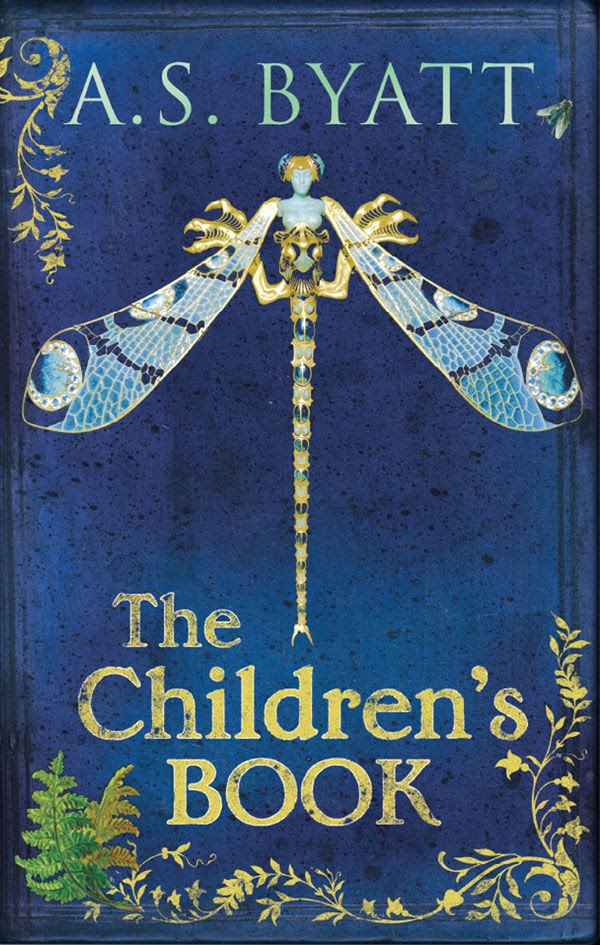Ask Jordan why he chooses some subjects for novels and others for film and there's much shuffling of cigarettes. "Films gave me an opportunity to write stories which are nothing to do with myself, that deal with melodrama and dramatic tension, all those things that Joyce and Beckett threw out of the novel. "With a book you're dealing with your own internal life much more. When I write fiction there's a certain fidelity to language that I have to adopt, or else I feel I'm cheating or telling a lie. There's a tremendous satisfaction in doing that."
"I was always pretty obsessed with the cinema, you know. The Past is a book that's almost crippled by the ideas of cinema. It starts with a photograph and is about a photographer. The entire book is composed with visual descriptions, it really is. I feltI was trying to push this form somewhere it didn't want to go. So I began to make films after that."
"And the basic drift behind the novel is of a narrator who's trying to find the reality of his upbringing, you know, of his parentage. But yet it's all done through a series. It's a whole host of visual images, you know. And the central, the kind of most enigmatic, character in this novel is a photographer. And so the whole book almost is - adamantly refuses to admit any kind of element into his narrative that is not heard or described or can be photographed. So, in a way, when I finished this book I felt, look, I'm so obsessed with visual imagery that I thought I would, you know, explore the possibility of making films."
"... I kind of regard them as the same thing. And it's hard to explain that to people. They don't quite understand why, you know, how you can work in such a visual medium and how you can also work with words. But it's the way I've developed really. And I just don't see any real difference in the creative instinct, in the imagining or the dreaming up of the particular piece of work."
"I was always pretty obsessed with the cinema, you know. The Past is a book that's almost crippled by the ideas of cinema. It starts with a photograph and is about a photographer. The entire book is composed with visual descriptions, it really is. I feltI was trying to push this form somewhere it didn't want to go. So I began to make films after that."
"And the basic drift behind the novel is of a narrator who's trying to find the reality of his upbringing, you know, of his parentage. But yet it's all done through a series. It's a whole host of visual images, you know. And the central, the kind of most enigmatic, character in this novel is a photographer. And so the whole book almost is - adamantly refuses to admit any kind of element into his narrative that is not heard or described or can be photographed. So, in a way, when I finished this book I felt, look, I'm so obsessed with visual imagery that I thought I would, you know, explore the possibility of making films."
"... I kind of regard them as the same thing. And it's hard to explain that to people. They don't quite understand why, you know, how you can work in such a visual medium and how you can also work with words. But it's the way I've developed really. And I just don't see any real difference in the creative instinct, in the imagining or the dreaming up of the particular piece of work."





